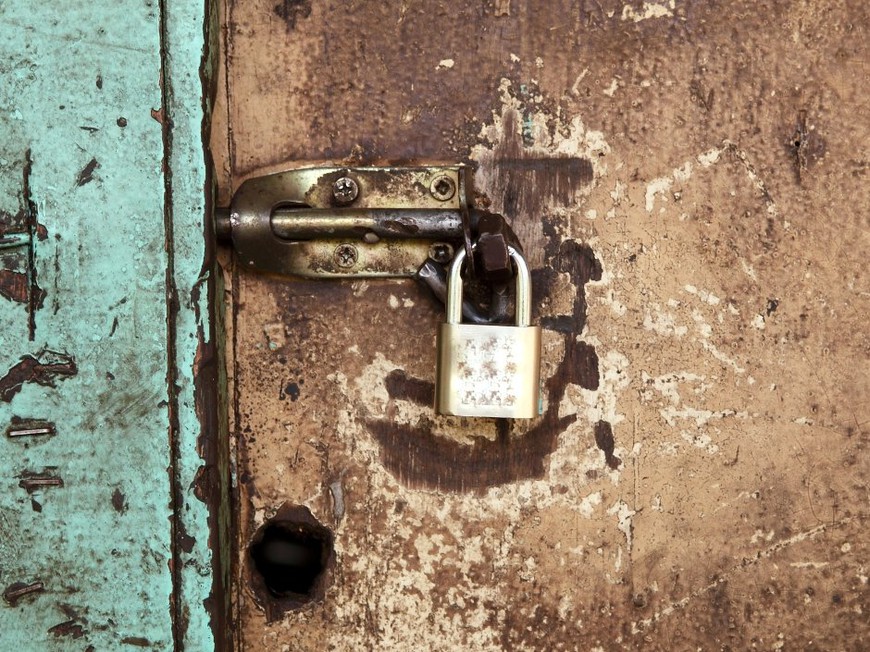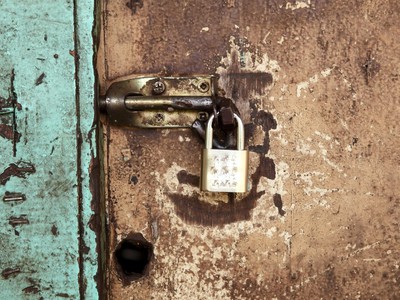

- A new clause makes any gambling business that accepted US patrons after December 31, 2006 ineligible to receive a license for 10 years.
- The bill also seeks to remove existing language requiring interactive gaming to be specifically authorized by federal law.
- Another controversial aspect of the proposed legislation would double the license fees.
Nevada Assembly Bill 114 (AB114), referred to the Assembly Committee on Judiciary on Wednesday, seeks to restrict which operators would be part of the state’s interactive gaming program.
Among the proposed changes is a new clause that makes any gambling business that accepted US patrons after December 31, 2006 ineligible to receive a license for 10 years.
Such “bad actor” clauses would explicitly block companies and assets that continued to operate in the United States following the passage of UIGEA, which would include market leader PokerStars.
Another controversial aspect of the proposed legislation would double the license fees from $500,000 to $1,000,000 and the renewal fees from $250,000 to $500,000. The fee increases would require a two thirds majority vote to pass.
The bill also seeks to remove existing language requiring interactive gaming to be specifically authorized by federal law before the activity can take place in Nevada and give the Governor the ability to negotiate interstate compacts with other states; both of which were previously proposed in a bill introduced on behalf of the state Gaming Control Board late last year.
In addition, the bill proposes the addition of a member of academia to the Nevada Gaming Policy Committee, and allows the Governor to appoint a subcommittee on gaming education.
Bad Actor lockout clauses were present in proposed federal legislation. It was also initially present in the in New Jersey’s bill but later removed. PokerStars has positioned itself prominently in New Jersey, as its online gambling bill returns to the house and senate following requested modifications by the Governor.


